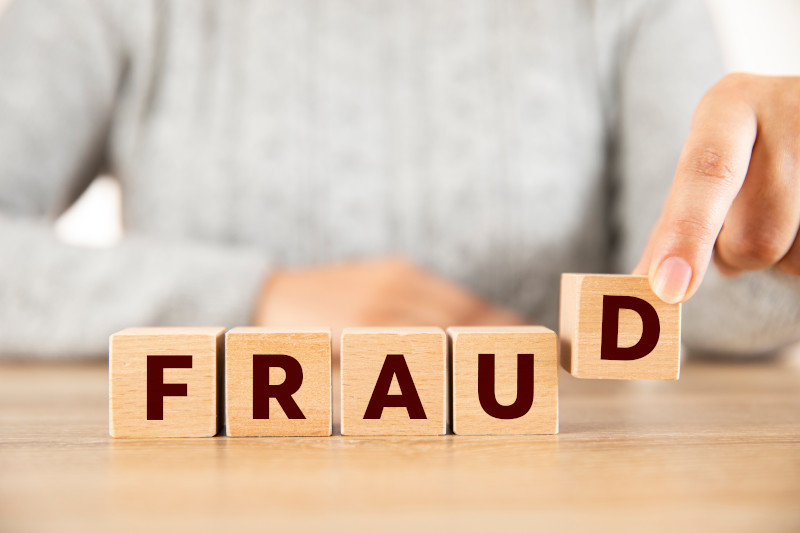AARP Hearing Center

As more cryptocurrency ATMs pop up across the country, criminals are increasingly using the machines in fraud schemes — often targeting older Americans.
AARP Hawai‘i is pushing legislation to help curb those scams.
Cryptocurrency ATMs — also called crypto or Bitcoin kiosks — look like regular ATMs. They’re often found at gas stations, supermarkets, convenience stores and bars. They’ve become a convenient tool for scammers.
In January, AARP will advocate in the Hawai‘i State Legislature for cryptocurrency kiosk anti-fraud legislation to expand consumer protections around the machines. The legislation will include a daily transaction limit, fraud warnings on the machines, clear details about fees, and receipts with transaction information.
At last count, 18 states had passed laws or issued regulations similar to what AARP Hawai‘i is contemplating, and other states have bills in the works, says Francoise Cleveland, who tracks the issue for AARP.
“Putting a limit of $2,000 per transaction and adding other consumer protections to cryptocurrency ATMs makes sense and will help protect kūpuna and consumers of all ages,” says Keali‘i Lopez, AARP Hawai‘i state director. “It’s just common sense that if we put a limit on the amount of money allowed in a cryptocurrency ATM transaction, we can limit the amount of fraud losses.”
AARP Hawai‘i is working with lawmakers to draft the bill in time for the 2026 legislative session, which starts in January.
The FBI has reported a rapid rise in cryptocurrency kiosk fraud nationwide, and in 2024 received nearly 11,000 complaints — totaling $247 million in losses — involving it. Given widespread underreporting, experts say the real totals are far higher.































































